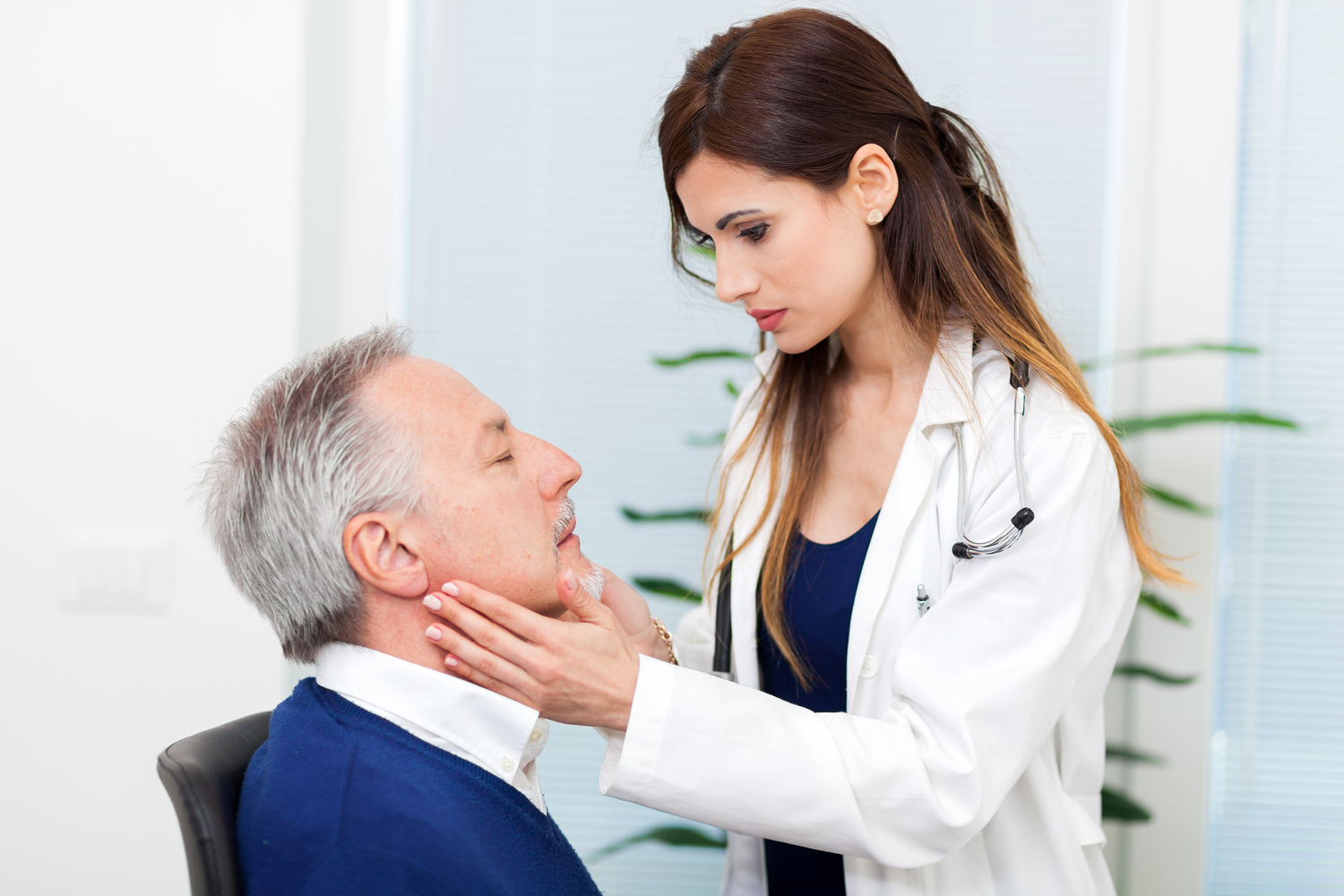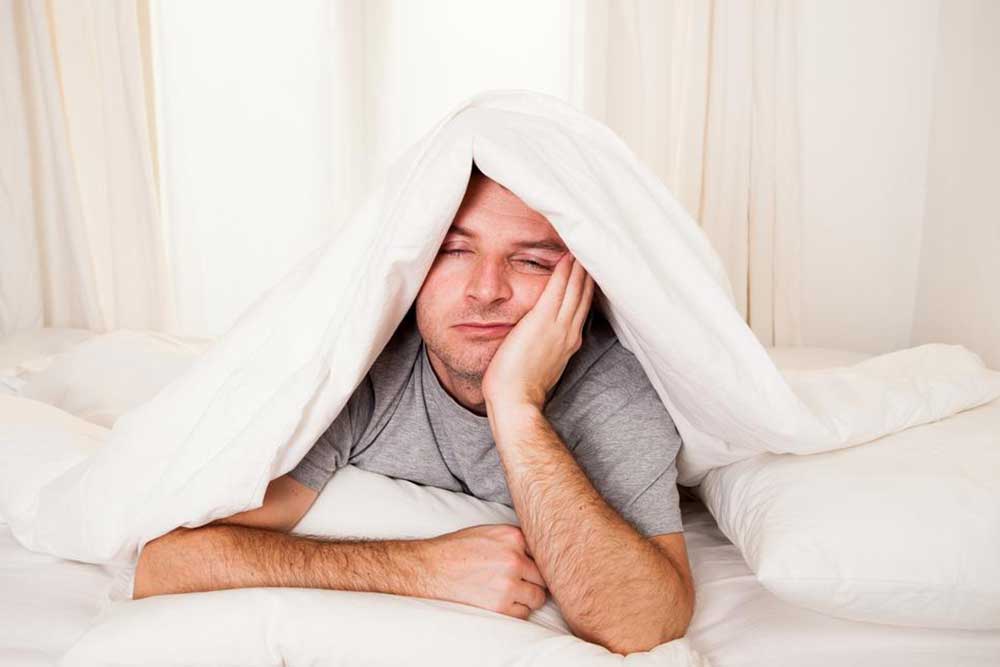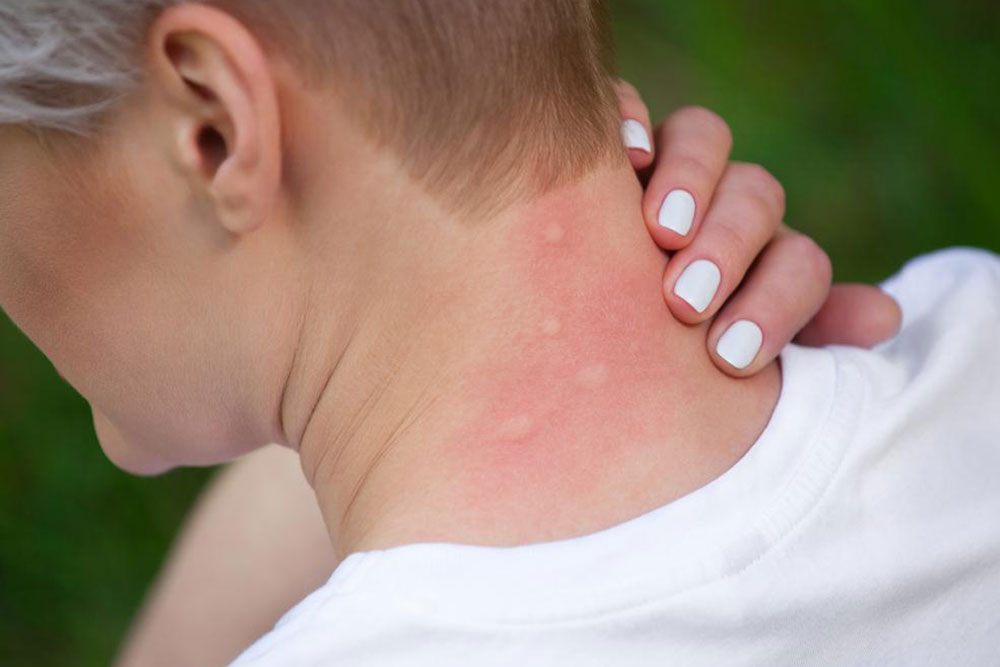Causes and Solutions for Night Sweats in Men and Women
Night sweats can result from various health issues such as hormonal changes, infections, or thyroid problems. Persistent episodes require medical evaluation to determine the cause. Recognizing symptoms and seeking professional diagnosis ensures effective management and relief from discomfort caused by excessive night sweating.

Causes and Solutions for Night Sweats in Men and Women
Night sweats, known medically as nocturnal hyperhidrosis, involve intense sweating during sleep that can soak pajamas and bedding. While factors like warm room temperatures or heavy clothing can cause occasional sweating, persistent night sweats with no clear cause warrant medical attention. If you experience unexplained sweating at night, it's important to consult a healthcare professional for proper diagnosis and treatment options.
Common factors that trigger night sweats include:
Various health conditions can lead to night sweats in adults and children. To identify the cause, visiting a healthcare provider for evaluation and testing is vital. Here are some typical medical reasons behind night sweating:
Menopause and Hormonal Fluctuations – In women, menopause causes reduced estrogen, leading to hot flashes during day and night. Men may experience similar symptoms due to decreasing testosterone levels.
Low Blood Sugar (Hypoglycemia) – Blood sugar below 70 mg/dL can cause sweating at night, often accompanied by dizziness or anxiety, especially in diabetics on certain medications.
Infections – Bacterial illnesses like brucellosis, often contracted from unpasteurized dairy, can cause night sweats. Treatment involves antibiotics and may take time.
Medication Side Effects – Certain drugs, such as antidepressants or pain medications, may trigger night sweats. Medical advice is recommended if sweating occurs after starting new medications.
Overactive Thyroid (Hyperthyroidism) – Excess thyroid hormones increase metabolism, causing weight loss, nervousness, and night sweating.
Nervous System Disorders – Conditions like strokes, neuropathy, or autonomic dysfunction can affect body temperature regulation, leading to night sweats.
Alcohol Consumption – Drinking heavily can increase blood flow and cause flushing and sweating at night.
Cancer – Hematologic cancers like leukemia or lymphoma often present with unexplained night sweats and other symptoms, requiring medical workup.
Primary Hyperhidrosis – A rare disorder characterized by excessive sweating without an underlying cause, affecting both day and night.
Proper treatment depends on diagnosing the root cause. Seeking guidance from specialists like endocrinologists or internists helps manage the condition effectively.


